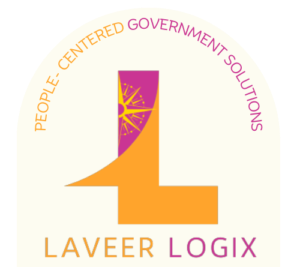The Texas General Land Office (GLO) in partnership with FEMA provided temporary housing units to individuals displaced by Hurricane Harvey for an initial period of eighteen months; a first for the agency.
Objective:
The locally led program provided temporary sheltering services in the form of Manufactured Housing Units (MHU), Travel Trailers and Direct Leased apartments to over 3,000 Texans. The overall program goal was to ensure each applicant obtained and progressed towards a permanent housing solution.
Term:
18 Months
Services Provided:
Case Management: GMC provided Case Management services and ensured compliance of program rules and regulations through a recertification process. GMC Case Managers outlined program requirements to applicants upon receipt of their temporary housing units where required documentation was signed as acknowledgment of adherence to predetermined program guidelines. Applicants met regularly with Case Managers to: (1) assess the status of their recovery efforts, (2) determine the need for additional resources, and (3) receive direction on the activities that needed to be completed in order to remain eligible for the program.
Once a permanent housing plan was finalized for an applicant, the final phase of the program then took place, where preparation to move out of the temporary housing unit was made. In the rare occasion of an applicant being deemed “non-compliant”, a Notice to Vacate was issued and Case Management staff collaborated with outside agencies to ensure a successful transition was made.

